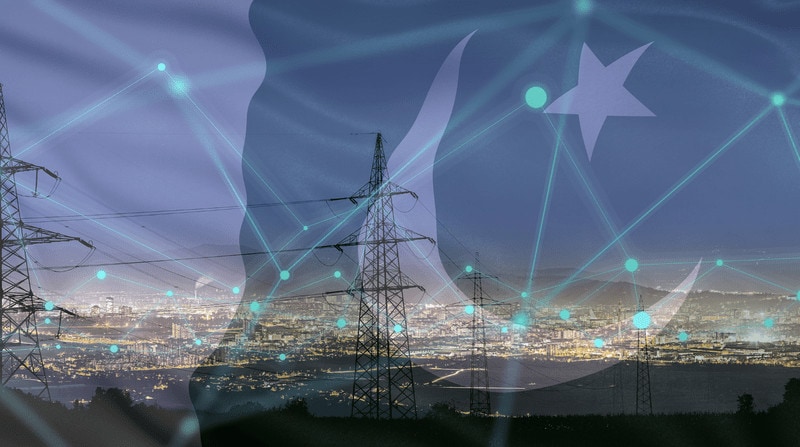Pakistan’s Latest Blackout Reminds America of Threat to Electrical Grid

Over the weekend, more than 200 million residents of Pakistan were without electricity in the country’s second nation-wide blackout.
Pakistan’s latest outage is reportedly the result of an as yet undiagnosed fault at the Guddu Thermal Power Plant, a single-point failure which led to a “cascade” of grid asset failures across the nation.
Residents took to social media to ask for prayers for COVID-19 patients on ventilators, hoping that the nation’s hospitals were outfitted with backup power supplies.
Concerns about the dependency of public health on electricity are not new. Epidemiologist Dr. Michael Osterholm, one of thirteen members of Joe Biden’s COVID-19 Task-Force noted the importance of electricity to modern medical advances in his book, “Deadliest Enemy: Our War Against Killer Germs,”:
“The advent of electricity brought about quantum leaps in public health and infectious disease control. With electricity and water pumps, safe water supplies could be realized throughout the world. And with running water, effective sewer systems could be put into place. Electricity also brought us refrigeration, the ability to pasteurize milk, vaccine manufacturing, and air conditioning to keep mosquitoes out of our homes and places of work. It revolutionized medical practice through the invention of X-ray and other imaging technology, diagnostic equipment, mechanical ventilators, and more.”
As Dr. Osterholm observed, nearly all of the advancements of modern life, which help us live longer and work more productively, are secondary benefits of regular, stable electricity. Nor is it just developing nations like Pakistan, where electrical grids are vulnerable.
In 2003 a similar “single point of failure” caused the “Great Northeast Blackout,” a major cascading outage in North America – caused by overgrown tree branches contacting transmission lines in Ohio, ultimately leaving more than 55 million people without electricity, some for up to two weeks.
If such damage is possible from mere trees, how much greater is the threat of a deliberate attempt to target our electrical grid from foreign or domestic threats?
In 2015, nearly 80% of Pakistan was left without power after an attack on the grid by Baloch separatists. Russia has repeatedly used targeted cyberattacks against electric grids prior to planned aggression -including Georgia in 2008, and Ukraine in 2015. China’s military doctrine foresees the use of a preemptive High-Altitude Electromagnetic Pulse (HEMP) attack in the event of a conflict with the United States. Another threat -which requires no adversary- is the possibility of a geomagnetic disturbance (GMD) caused by a massive solar storm.
Any of these threats could result in not simply a single point of failure, as occurred in Pakistan, but multiple points of grid failure resulting in cascading blackouts. A long-term and widespread electrical blackout – known as a “Black Sky Event” by leaders in government and industry – would result in America losing 90% of her population according to reports by the Commission to Assess the Threat to the United States of Electromagnetic Pulse (EMP) Attack.
To prevent a true “Black Sky Event” in America – and the double disaster it portends when combined with the COVID-19 Pandemic – government and industry must work together to identify and counter threats that can simultaneously cause multiple points of failure, take out communications networks (which are needed for grid restoration), and damage or destroy hard to replace grid assets (such as transformers with long replacement lead times).
Unfortunately, public-private cooperation has been stifled by the industry’s unique and overtly favorable regulatory environment, a result of industry lobbying. Additionally there has been an overreliance on optimistic industry-funded research which “reach conclusions that do not accurately portray risks to the US electric grid,” as the U.S. Airforce Electromagnetic Defense Taskforce recently described one such industry-funded study.
The American people deserve and expect a robust and secure electrical grid infrastructure. But until the threat of a genuine “black sky” scenario is taken seriously, the U.S., much like Pakistan, remains vulnerable.
